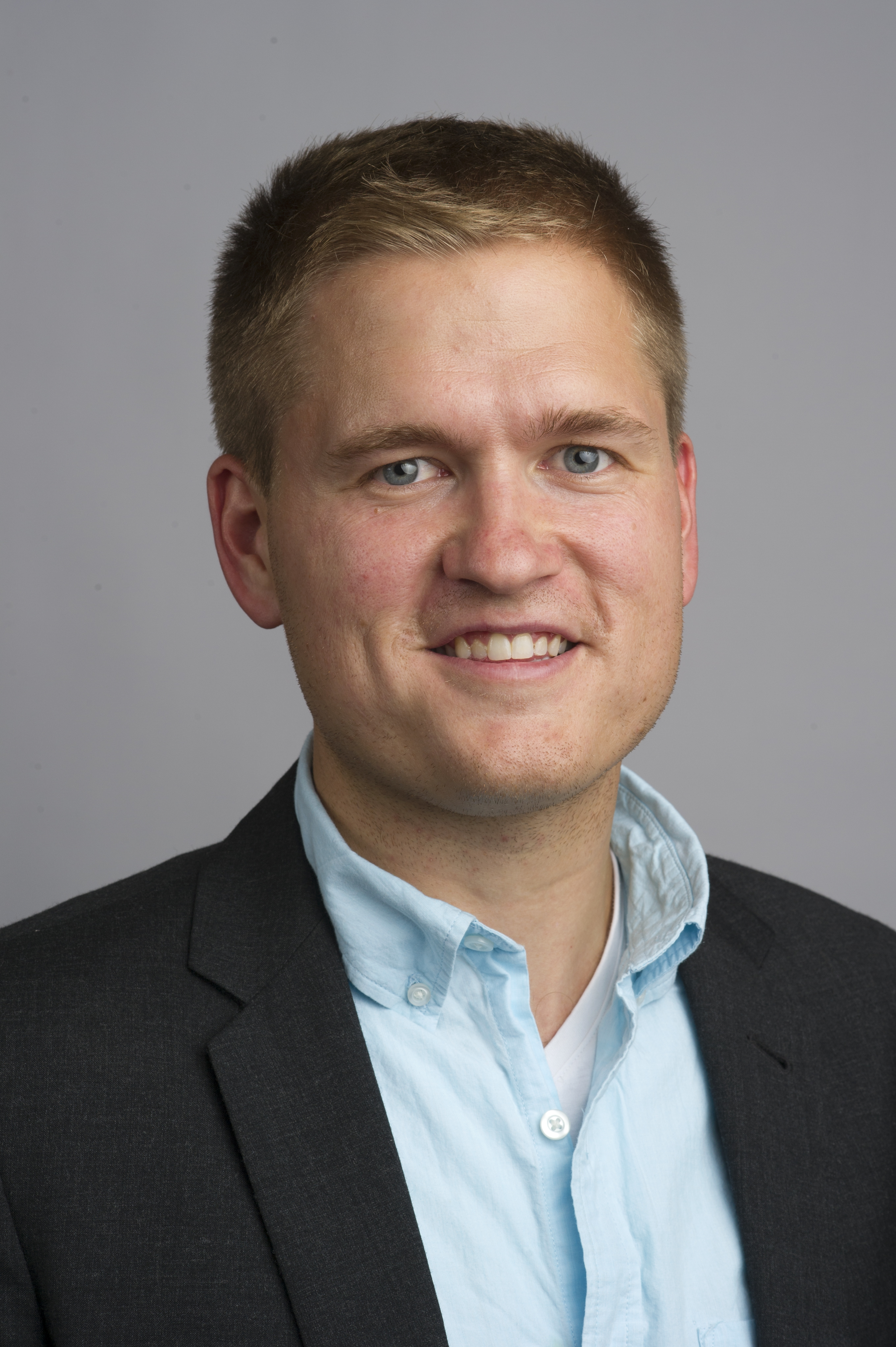Could you tell us about your current research?
A portion of my current research focuses on studying string theory, the leading candidate for a unified theory, using machine learning and artificial intelligence. Recently my collaborators and I have argued that this is necessary for understanding the implications of string theory for particle physics and cosmology, since there are many possible versions of physics that string theory may give rise to in four dimensions. The basic argument is that the theoretical datasets are so large and computationally complex that making progress requires the application of modern techniques from computer science, beyond the brute force approach traditionally taken in our field. Concrete studies of these large datasets with data science can suggest new paradigms for thinking about the physics of string theory, for example in the context of its dark matter realizations.
What drew you to your field?
I was drawn to physics because, despite huge progress, there are still wide open questions about the fundamental nature of the universe. As a high school student, I very naively thought that fundamental physics was essentially a closed book. I’ve learned nothing could be further from the truth. For example, is the experimentally determined structure of elementary particle interactions governed and explained by a deep principle? What is dark matter? Does the cosmic inflation explanation of remnant big bang light have imprints from quantum gravity? More broadly, what is quantum gravity, and does it naturally give rise to other elements of observed physics?
What do you like most about being a faculty member at Northeastern?
I love the research environment and how it strengthens interactions with students. As an instructor and advisor, being able to bring cutting edge ideas into different conversations and contexts shows students how much fundamental work remains to be done. We’re not simply learning a book that was closed a hundred years ago, we’re building common knowledge that could lead to discovery.
What is your favorite part about Boston?
Professionally, I think Boston is the best city for physics in the world. Our strong group in high energy theory is made all the richer by our friends interested in similar things all over town. On a personal level, there is so much to do, and the food is excellent. One thing that has surprised me is the amount of green space in the city.
What advice would you give to new and current COS graduate students?
Your passion for science brought you here. When you’re down in the details of a hard project, don’t forget to step back sometimes to remember that broader picture.
Tell us a fun fact about yourself.
I ride my bike a lot!

